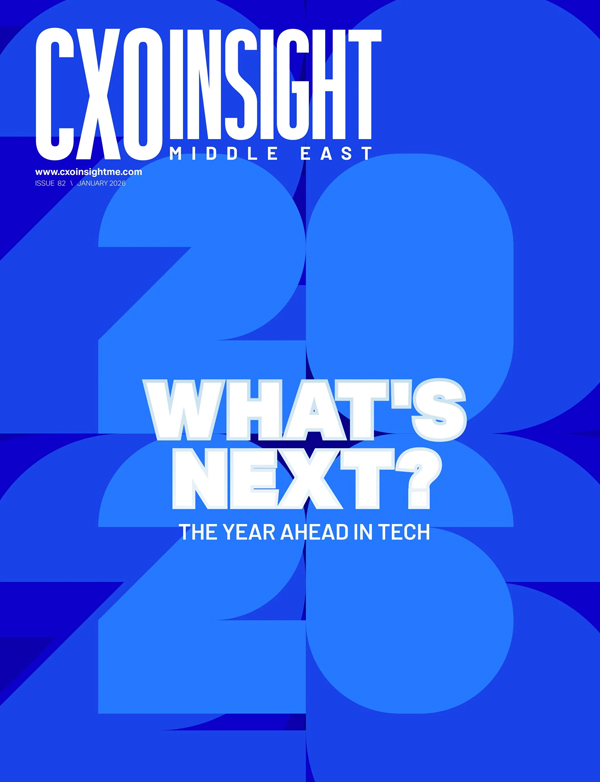Middle Eastern countries continue to bet big on AI—and for good reason. National strategies like the UAE Artificial Intelligence Strategy and Saudi Arabia’s Vision 2030 are driving long-term investments in digital transformation. By 2030, global consultancy firm PwC estimates that the GCC region alone could generate approximately $9.90 in economic gains for every $1 invested in generative AI, with the overall annual economic impact of Gen AI projected to reach $23.5 billion. And in industries like healthcare, finance and energy, governments and enterprises are moving quickly to integrate AI into core operations—streamlining services, boosting productivity and unlocking new economic value at scale.

But perhaps one of the most consequential applications of AI—especially in the GCC’s fast-evolving digital landscape—is in the realm of security. The region’s growing digital infrastructure, coupled with its strategic importance, makes it a prime candidate for advanced identity and access management solutions powered by AI agents.
According to HID’s 2025 State of Security and Identity Report, which surveyed more than 1,800 end users and industry stakeholders globally, 64% of security leaders are already using or planning to implement AI-powered security solutions. In the Asia-Pacific region—home to some of the world’s most digitised nations—that figure climbs to 76%, indicating a broader trend of global convergence toward AI-first security strategies.
Beyond automation
AI agents, in this context, are not just automating tasks—they’re transforming security protocols. From detecting anomalies at access points to enabling real-time identity verification, these intelligent systems are reshaping how we define safety in an interconnected world. Biometric solutions, for instance, are increasingly enhanced by AI-driven presentation attack detection (PAD), which defends against sophisticated spoofing attempts. This is particularly relevant in high-risk environments such as airports, energy facilities and government institutions, where the integrity of identity verification is non-negotiable.
What makes AI agents indispensable isn’t just their ability to process vast amounts of data, but their potential to interpret, act and learn in real-time. Their deployment in physical access control systems, for example, enables more than just identification—it ensures proactive anomaly detection, adaptive threat response and operational continuity. This is crucial in environments where tailgating, credential theft or internal threats could have far-reaching consequences.
Addressing the trust gap
But the integration of AI into national security infrastructures also raises difficult questions around transparency, data ethics and trust. HID’s research reveals that 41% of security leaders are concerned about the privacy implications of AI, while 35% cite a lack of trust in AI’s reliability and accuracy. These concerns are not unfounded—and must be addressed through strong governance, regulatory alignment, and ethical design frameworks.
Of course, integrating AI into national security infrastructures also raises critical questions around transparency, ethics and compliance. As AI becomes more embedded in identity systems, addressing these concerns isn’t optional—it’s foundational. Leading providers like HID are responding with global privacy policies and internal guidelines that prioritise fairness, lawfulness and accountability. By embedding privacy-by-design and security-by-design principles across product development and lifecycle operations, they’re helping organisations meet stringent data protection mandates without compromising on innovation. Responsible AI frameworks—including clear internal guidance on how generative AI is used—are also essential to ensuring trust, regulatory alignment, and long-term viability.
Toward an intelligent, adaptive future
As AI continues to evolve, its role within the security apparatus will move well beyond automation—it will become strategic. AI agents won’t just detect anomalies; they’ll help predict vulnerabilities, orchestrate intelligent responses, and provide security teams with the insights they need to act swiftly and confidently.
For the GCC, where national digital ambitions intersect with growing geopolitical importance, that kind of intelligent, adaptive security is no longer a luxury—it’s a necessity.










Discussion about this post